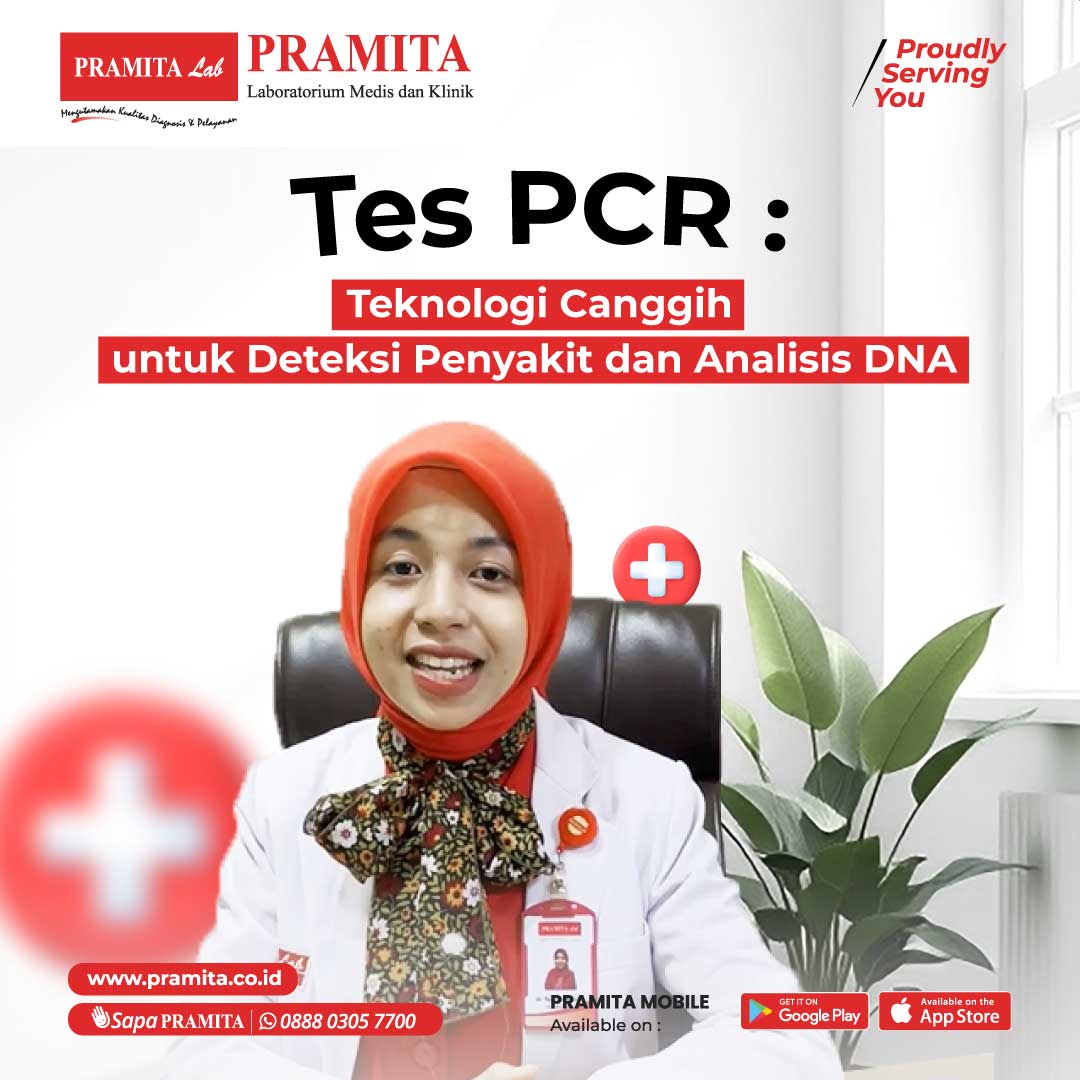Healthy Inspirations

PCR Test: Advanced Technology for Disease Detection and DNA Analysis
Wed, 18 Sep 2024PCR (Polymerase Chain Reaction) tests have become a crucial milestone in the field of health, playing a key role in disease detection and DNA analysis. In an era where infectious diseases and genetics are major focuses, PCR tests offer exceptional speed, accuracy, and sensitivity. Let’s delve deeper into this advanced technology and its important role in maintaining health.
-
Detection of Infectious Diseases
PCR tests have revolutionized the detection of infectious diseases such as COVID-19, HIV, influenza, and more. By detecting the genetic material of pathogens in biological samples, PCR allows for rapid and accurate diagnosis, enabling timely intervention.
-
Diagnosis of Genetic Diseases
In diagnosing genetic diseases, PCR is an invaluable tool. By amplifying specific DNA fragments, this test can identify genetic mutations associated with conditions like Down syndrome, hemophilia, and many others, allowing for appropriate medical interventions.
-
Scientific Research
In scientific research, PCR is used for various purposes, including gene expression analysis, genetic variant identification, and genomic studies. This technique accelerates progress in understanding human genetics, diseases, and therapies.
-
Forensics and DNA Identification
In the field of forensics, PCR enables the identification of individuals from small DNA samples, such as traces of blood or hair. It has become an essential tool in law enforcement, victim identification, and legal matters.
-
Disease Monitoring and Surveillance
PCR is also used in monitoring and surveillance of infectious diseases. In epidemic situations, PCR tests allow for the tracking of disease spread and rapid identification of cases, enabling quick and effective responses.
With its remarkable ability to detect and analyze DNA, PCR tests have transformed the landscape of healthcare and biomedical research. The combination of advanced technology and wise application makes it an invaluable tool in safeguarding public health.
Author: Dr. Kemas Yakub Rahadiyanto, SP.PK, M.KES, Medical Laboratory Supervisor at PRAMITA Ahmad Dahlan Branch, Palembang

